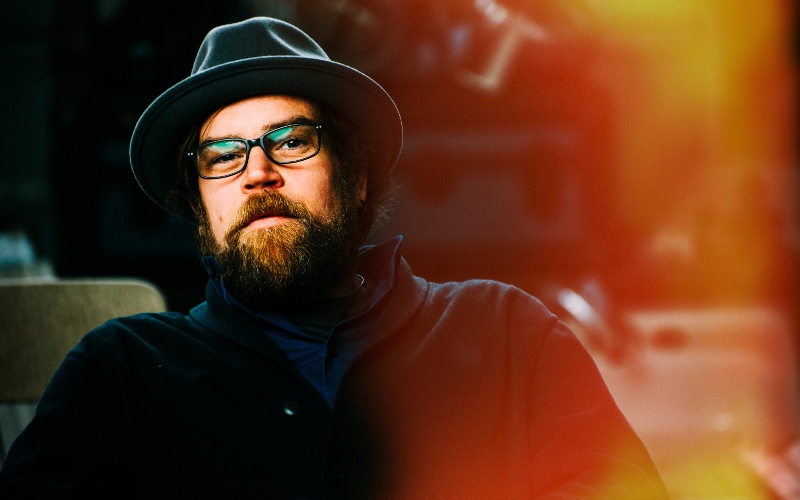Myth, art, and interpretation in Paris
Published 12:03 pm Friday, August 2, 2024
|
Getting your Trinity Audio player ready...
|
We do not see things as they are. We see things as we are.
Our interpretation of what we see might be one of the best forms of self-analysis. As I have said many times in my life, where the spectator sits in the stands can have a profound effect on what they see in the game.
The games in question here are the 2024 Olympic Games set in Paris. I’m not referring to Paris, Texas. Far from there in the land of France, where the opening ceremony depicted a Greek mythology scene in which Dionysus, the Greek god of fertility, wine and revelry, was seated at a long table with his entourage on either side.
Quick literature lesson: Mythology isn’t real. It consists of myths dealing with the gods and heroes of a particular people, such as the Greeks. And here’s another little fun fact: the Olympics were born in Greece hundreds of years BC.
For a moment, it looked vaguely similar to the Last Supper of Jesus scene in which Jesus tells the gathering that one among them has betrayed him. Actually, it took only a second to realize that it wasn’t the Last Supper as depicted in the ancient painting by Leonardo da Vinci. A woman wearing a halo-like crown at a long table flanked by drag queens was a glaring clue that it wasn’t Jesus Christ, even though I’m certain Jesus would have found room in his short life to comfort and support drag queens because, well, that’s just the way he was–a nurturer and comforter.
Quicker than you could say, “it’s all Greek to me,” preachers, politicians and keyboard prayer warriors descended on the scene to proclaim the opening ceremony as blasphemy and debauchery.
Thomas Jolly, the Olympic artistic director, said the scene wasn’t at all a reference to the Last Supper. It was not biblical history but rather Greek mythology. The opening ceremony has long been a spectacle, a sea of colorful entertainment, and let’s face it, the French have long been on the cutting edge of art and artistic theater.
Jolly isn’t just someone they found in an art class and asked him to be creative. He is a French actor and artistic director of La Piccola Familia, a theater company that he founded in Rousen in 2006. He also directed that country’s national drama center for two years.
But the folks who saw this as some sort of slap in the face to Christians were predisposed to see that. They were mistaken to take offense because this was nothing more than artistic entertainment. We don’t have to like everything we see. There is no need to be offended by something or someone we don’t like.
After all, we have options at our fingertips that enable us to see, hear, read and consume only that which pleases and satisfies us and matches our beliefs. And many do.
Larry McDermott is a local retired farmer/journalist. Reach him at hardscrabblehollow@gmail.com.






